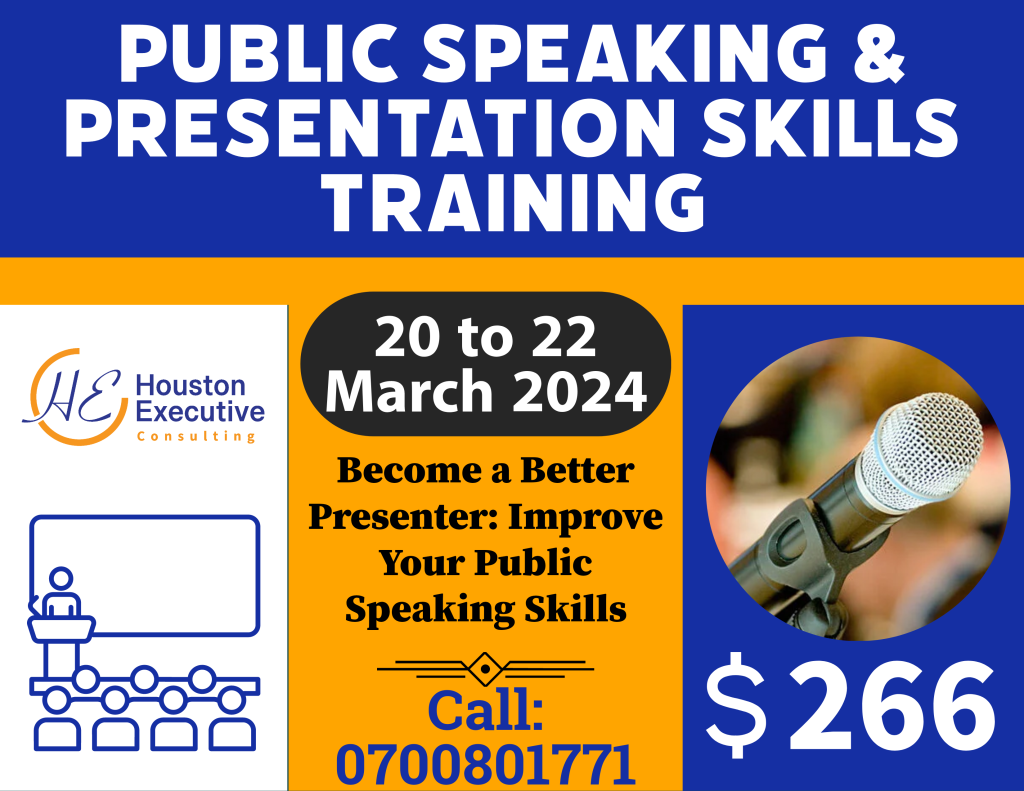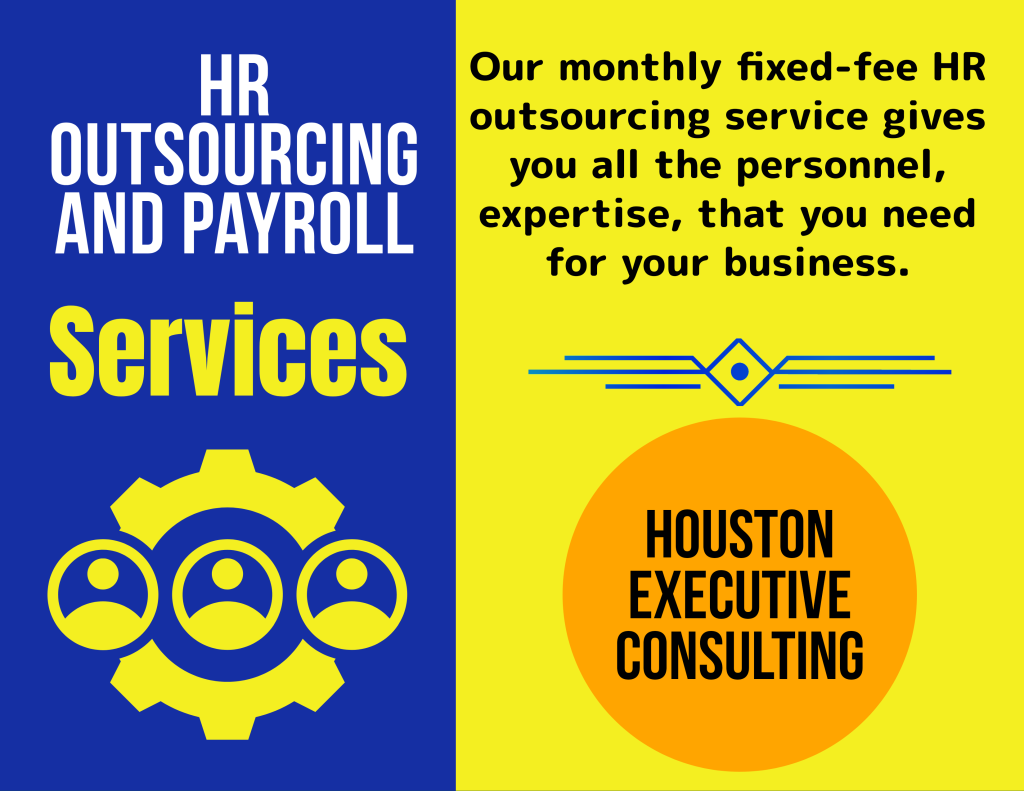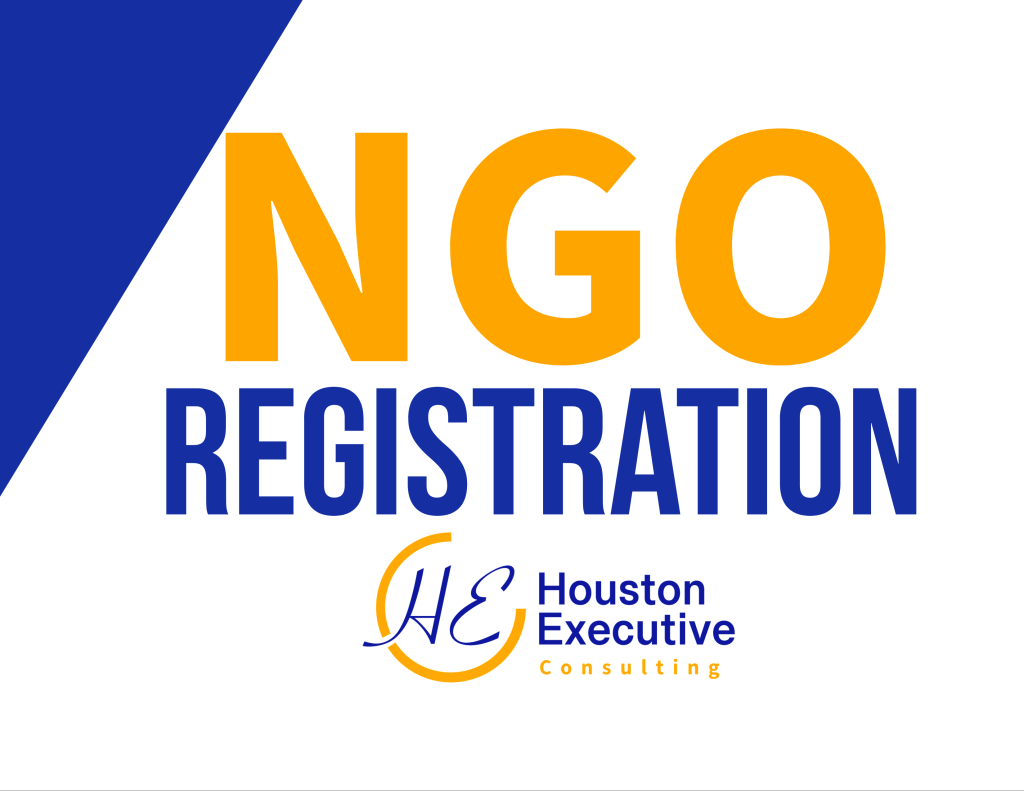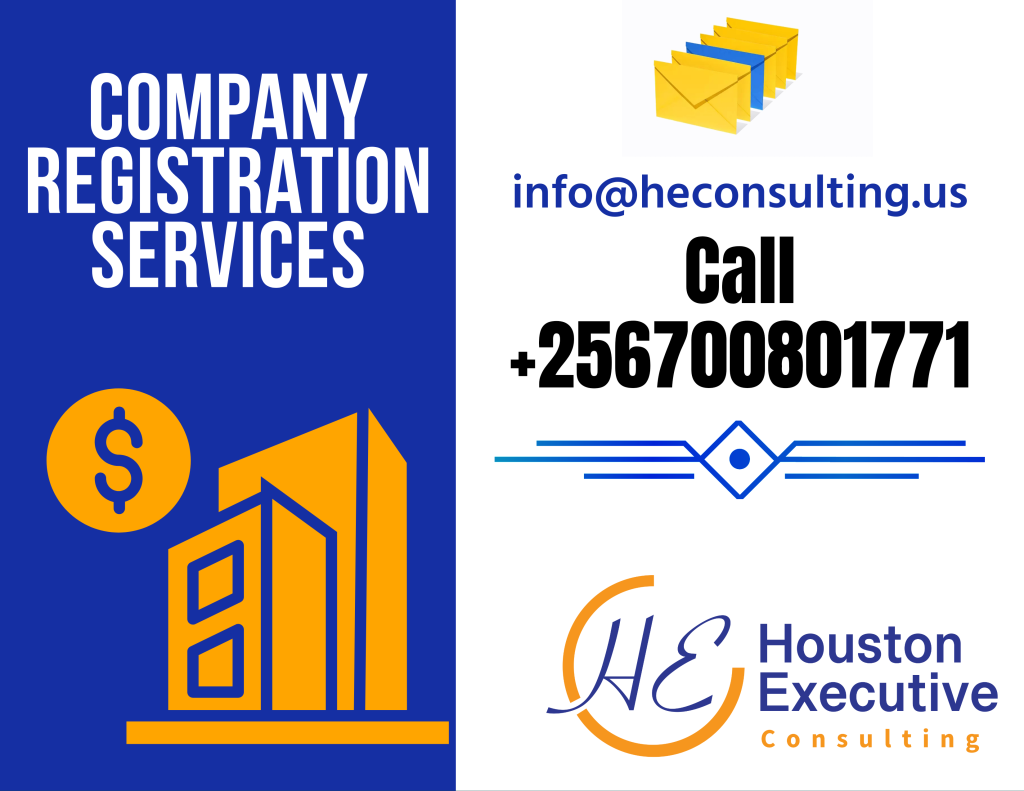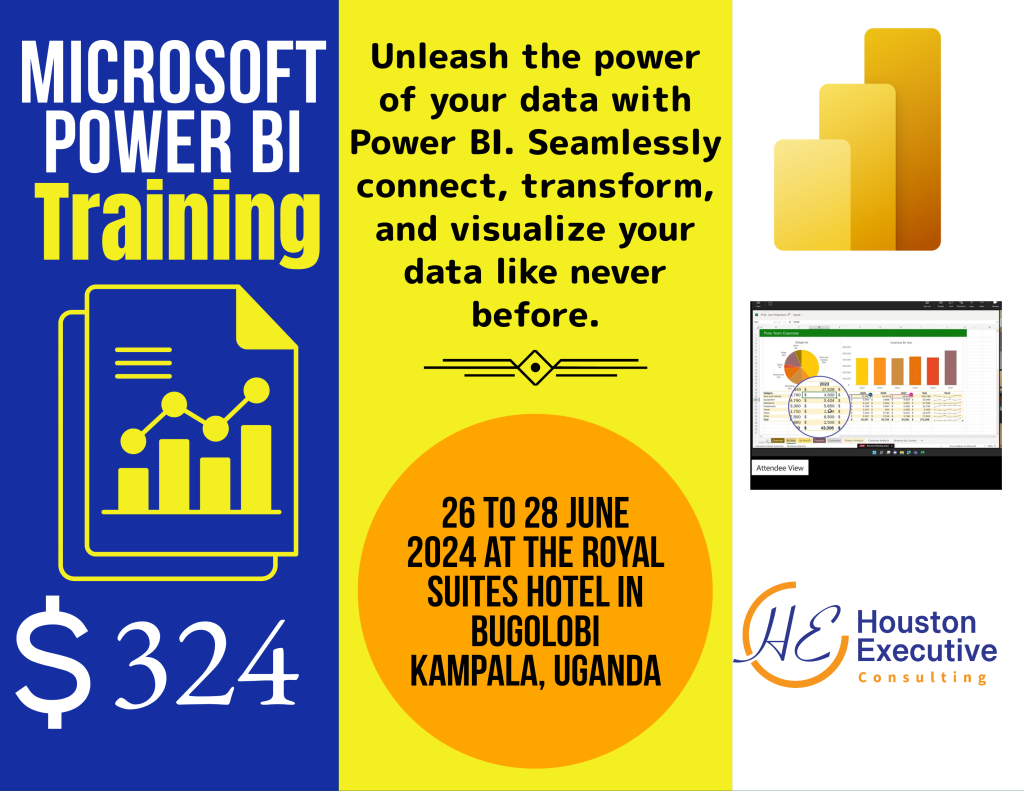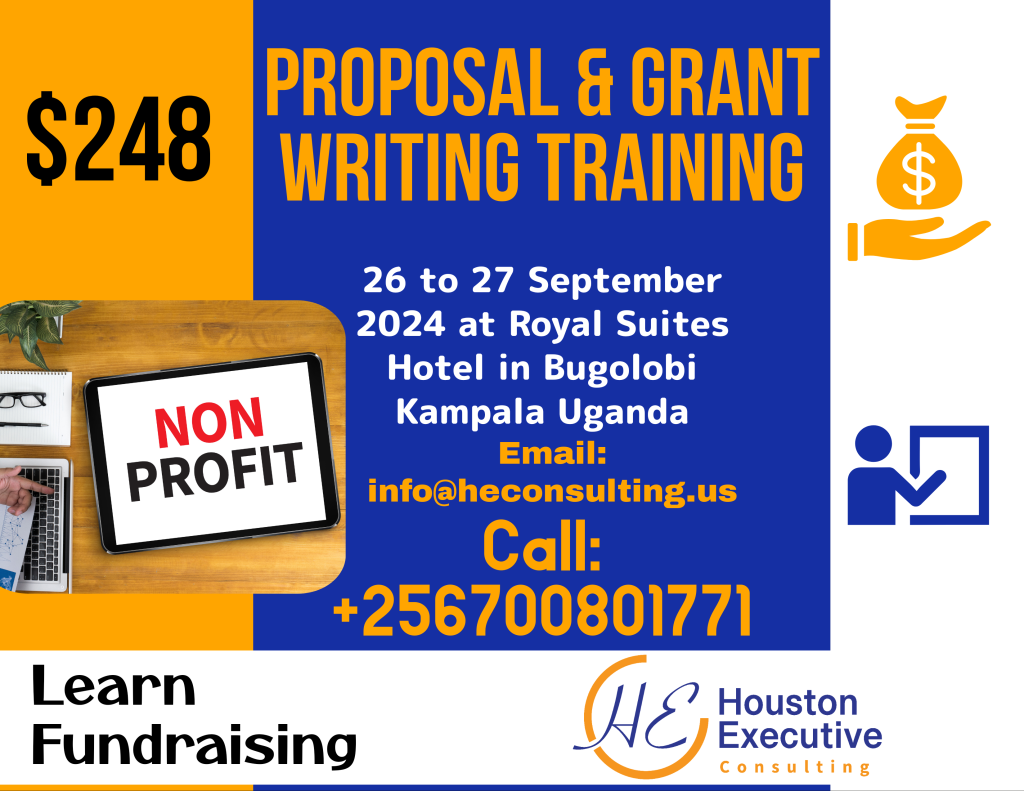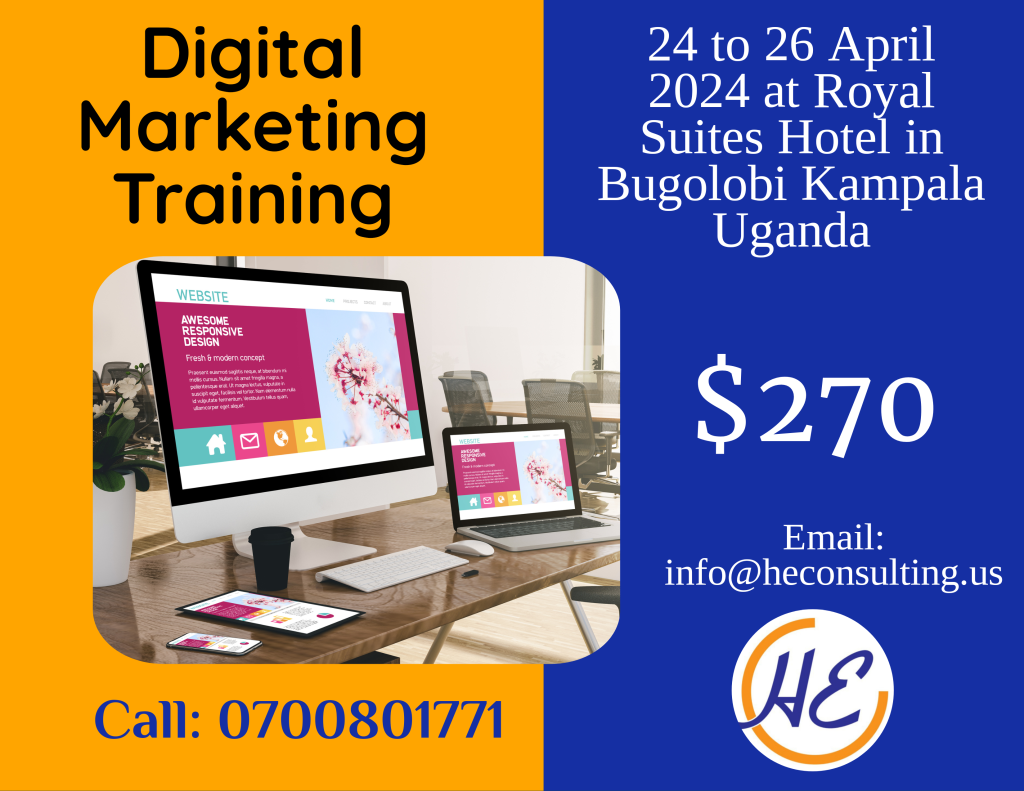List of Top 10 International NGOs in Uganda
International NGOs (Non-Governmental Organizations) are organizations that operate independently from any government.
In Uganda, we have quite many such NGOs which often rely on donations, grants, and funding from individuals, corporations, and governments to carry out their missions.
International NGOs play a crucial role in advocating for human rights, providing humanitarian aid, promoting sustainable development, and addressing various global challenges. The top 10 well-known International NGOs in Uganda include:
Oxfam International
Oxfam is a British-founded confederation of 21 independent charitable organizations founded in 1942 to focus on the alleviation of global poverty. Known as Oxfam International, the organization is an anti-poverty body that focuses on water and sanitation, gender justice, conflicts and disasters, and much more.
Oxfam International operates in more than 90 countries and is one of the most important responders to humanitarian crises. The following are the key areas of focus for Oxfam:
- Conflicts and disasters
- Extreme inequality and essential services
- Food, climate, and natural resources
- Gender justice and women’s rights
- Water and sanitation
In Uganda, Oxfam works to fight against Inequality. Oxfam believes that the realization of a country free from extreme inequality will require that they work in partnership and alliance with other players at different levels. This way, they can do more with less.
Oxfam envisions Uganda free of extreme inequality and injustice; a society where citizens and particularly women across all age groups claim and exercise their rights and responsibilities and can influence decisions that affect their lives.
For more details about this organization, you can visit their website at: https://uganda.oxfam.org/
World Vision International (WVI)
World Vision International is an ecumenical Christian humanitarian aid, development, and advocacy organization. It was founded in 1950 by Robert Pierce as a service organization to provide care for children.
Their focus is on helping the most vulnerable children overcome poverty and experience the fullness of life. They provide support for children of all backgrounds, even in the most dangerous places, inspired by our Christian faith. They believe in protecting children today and empowering them for tomorrow.
The following are the core thematic areas under the Word vision intervention worldwide:
- Advocacy
- Child Participation
- Child Protection
- Child Rights and Equity
- Clean Water
- Climate change
- Disaster Management
- Education
- Food Assistance
- Health, and Nutrition
- Peacebuilding
- VisionFund serves low-income clients living in vulnerable and rural communities by offering financial and livelihood solutions.
In the Ugandan context, World Vision Uganda seeks to address the causes and effects of poverty through development, relief, and advocacy. It is estimated that over 128,633 registered children benefit from World Vision Uganda’s work.
World Vision Uganda can provide educational support, construct and equip schools and health centers, train health workers and farmers, participate in advocacy campaigns, distribute improved crop varieties and animal breeds, and provide clean and safe water.
You can obtain more details about World Vision Uganda from their website: https://www.wvi.org/uganda
Plan International
Plan International has gained prominence as one of the leading development and humanitarian organizations which works in over 75 countries across Africa, the Americas, and Asia. The NGO works to drive change and to advance children’s rights and equality for girls by working together with children, young people, our supporters, and partners.
What does Plan International Do?
- Promoting Quality Education: They aim to promote free, equal access to quality education for all children – from early learning to secondary education.
- Protection from violence: They work with communities, families, schools, and governments to protect children from harm.
- Youth empowerment: Plan International enables vulnerable children to understand and defend their rights and encourages them to join the girls’ rights movement.
- Sexual and reproductive health and rights: They work to increase access to quality sexual health services and eliminate harmful practices such as female genital mutilation and early and child marriage.
- Early childhood development: Plan International helps vulnerable and excluded children, particularly girls, grow up equally valued and cared for and free from discrimination.
- Skills and work: The NGO work to increase young people’s access to financial services, financial literacy and entrepreneurship, and employment skills training.
- Emergencies: They build communities’ resilience and support children’s right to dignity and protection before, during, and after disasters and conflicts.
With specific reference to Uganda, Plan International started working here in 1992 to respond to the needs of children affected by a guerilla war in the Luwero district. Since then, the NGO has worked alongside communities on many different issues to improve millions of children’s lives.
For more details about their Ugandan priorities, visit their website: https://plan-international.org/uganda/
Médecins Sans Frontières (Doctors Without Borders)
Doctors Without Borders/ Médecins Sans Frontières (MSF) is an international medical humanitarian organization that provides emergency medical aid in conflict zones and areas affected by epidemics and natural disasters.
The organization provides assist people affected by conflict, epidemics, disasters, or exclusion from healthcare. Their teams are made up of tens of thousands of health professionals, logistics, and administrative staff of which most of them are hired locally.
In Uganda, the NGO, provides medical care, mother and child health services, and water and sanitation activities for refugees who have fled to Uganda from different countries.
It also offers point-of-care viral load testing in Arua regional hospital, which facilitates rapid detection and early treatment, leading to improved outcomes for patients. In Kasese, western Uganda, the organization runs a clinic providing basic and comprehensive healthcare to adolescents, including sexual and reproductive health services, and HIV and tuberculosis (TB) prevention, screening, and treatment.
For more details, you can visit their website at: https://msfsouthasia.org/uganda/
World Health Organization (WHO): A specialized agency of the United Nations that coordinates international efforts to improve global health, respond to disease outbreaks, and promote healthcare systems.
Amnesty International: A global movement advocating for human rights, including the protection of civil liberties, ending torture and unfair imprisonment, and ensuring justice and equality worldwide.
Save the Children
Founded in the UK in 1919, Save the Children Fund, has adopted a common name, as Save the Children. This is an international, non-government-operated organization to help improve the lives of children worldwide. It is a global membership organization, made up of Save the Children International and 30 national members who share one name, one strategy, and one ambition for children.
They work to save and improve children’s lives around the world. They want to ensure children have healthcare, food, and shelter, as well as learning and child protection services when children need it most. Their commitment is to help all children achieve their full potential by ensuring they grow up healthy, receive a good education, and stay safe.
More still, securing children’s rights is the foundation of their work because they believe millions of children around the world are denied their rights, simply because of who they are or where they are from.
In Uganda, the NGO has worked in the country since 1959 and has programs throughout the country. they operate in partnerships with communities, the government, civil society, and the private sector.
These stakeholders help Save the Children by delivering programs that have a lasting impact, inspire change, and uphold children’s rights. their work supports long-term development and humanitarian emergencies and bridges the gap between the two. Save the Children has mainly focused on supporting the following areas:
- Education
- Health & Nutrition
- Child Protection & Child Rights Governance
- Youth Livelihoods & Child Poverty
- Refugee Response
You can learn more about Save The Children on their website: https://uganda.savethechildren.net/
International Committee of the Red Cross (ICRC)
The ICRC provides humanitarian assistance and protection to victims of armed conflicts and promotes respect for international humanitarian law.
The ICRC responds quickly and efficiently to help people affected by armed conflict. They also respond to disasters in conflict zones, because the effects of a disaster are compounded if a country is already at war. Emergencies are unpredictable, so our rapid deployment capability is hugely important.
The core activities of the International Committee of the Red Cross (ICRC) include:
- Supporting access to education for children and young people to make reasoned choices in life, build their resilience, and develop coping mechanisms
- Addressing sexual violence by stepping up its efforts to prevent this crime and help the victims
- Building respect for the law to protect and assist the victims of war and other violence
- Climate change and conflict by establishing if people affected by different kinds of crisis and conflict can cover their essential needs sustainably
- Enabling people with disabilities & physical rehabilitation and helping them to play a full part in society
- Food security in countries already facing humanitarian crises
- Health services to people affected by conflict can get basic health care that meets universally recognized standards.
- Helping Migrants, refugees, and asylum seekers to ensure that all migrants receive the protection that they are entitled to under international and domestic law
- Providing water in conflict zones and creating or maintaining a sustainable living environment — to reduce death and suffering due to damage to infrastructure or disruption to water supplies
In Uganda, the ICRC contributes to addressing the humanitarian needs of people who have fled situations of violence in neighboring countries and detainees. It also supports the integration and promotion of international humanitarian law, notably for troops deployed in operations abroad.
For information on the activities of the International Committee of the Red Cross in Uganda, please follow the link below;
https://www.icrc.org/en/where-we-work/africa/uganda
CARE International
Care International seeks to implement gender-responsive, locally-led, and economic-efficient programs around the globe. Care focuses on the following core areas of service to stakeholders:
- Crisis response
- Gender equality
- Climate justice
- Right to health
- Right to food, water, and nutrition
- Women’s economic justice
- Advocacy and campaigns
In Uganda, Care International CARE International has been active since 1969 and working in the country continuously. The organization focuses on addressing women’s and girls’ vulnerabilities.
CARE also invests in fighting poverty and achieving social justice, with a particular emphasis on empowering women and girls, as well as providing emergency relief and sustainable development programs.
You can contact the organization via their website: https://www.careuganda.org/
World Wildlife Fund (WWF)
WWF is a popular Swiss-based international NGO founded in 1961. It has since worked in the field of wilderness preservation and the reduction of human impact on the environment.
World Wildlife Fund collaborates with local communities to conserve the natural resources that humans depend on and build a future in which people and nature thrive. WWF is dedicated to the conservation of nature and the protection of endangered species.
It works on issues such as climate change, deforestation, sustainable development, and the preservation of biodiversity.
The NGO aims to collaborate with partners at all levels, to transform markets and policies toward sustainability, tackle the threats driving the climate crisis, and protect and restore wildlife and their habitats.
WWF focuses its work on six ambitious goals. Through this integrative approach, they intend to tackle the planet’s greatest threats and ensure a healthy future for people and nature. These include:
- Create a climate-resilient and zero-carbon world
- Rebuild food systems to nourish people and nature
- Conserve the world’s most important forests
- Protect freshwater resources and landscapes
- Achieve healthy oceans and nature-positive seascapes
- Conserve wildlife and wild places
WWF Uganda Country Office envisions being an influential and respected conservation Organization in Uganda and Africa. The main areas of focus and key projects include fresh water, forests, clean energy, climate, extractives, and earth hour.
For more information about WWF Uganda Country Office, you can visit their office at Plot 2 Sturrock Road, Kololo. You can also visit their website: https://www.wwfuganda.org
BRAC International
BRAC is an international development organization and one of the world’s largest non-governmental organizations (NGOs). It was originally Rural Advancement Committee which was founded in 1972 by Sir Fazle Hasan Abed in Bangladesh.
BRAC International aims to empower communities across Asia, Africa, and the Americas to alleviate poverty. Its programs focus on diverse areas such as education, healthcare, agriculture, microfinance, women’s empowerment, and livelihood development. The organization works to provide support to vulnerable populations and communities affected by poverty, conflict, and natural disasters.
It launched operations in Uganda in 2006. It has since grown to become one of the largest non-governmental development organizations in the country. BRAC implements six programs in thematic areas of Health, Education, Ultra-Poor Graduation, Emergency Preparedness and Response, Empowerment, and Livelihood for Adolescents, and Financial Inclusion.
BRAC started Microfinance in Uganda in 2006, as a part of BRAC Uganda’s social development programmes. In 2019, this successfully transformed into a Tier 2 Credit Institution to become BRAC Uganda Bank Ltd. Currently, BRAC Uganda Bank Ltd has the largest network of banking services in the country, providing inclusive financial services for low-income communities to build sustainable livelihoods.
Mercy Corps
Mercy Corps is a global non-governmental, humanitarian aid organization operating in transitional contexts that have undergone, or have been undergoing, various forms of economic, environmental, social, and political instabilities.
The NGO seeks solutions to the world’s toughest challenges. To take on the consequences of conflict and climate change, they bring together bold ideas and the lived experience of people who know their communities best. The NGO works to Improve clean water access, grow food solutions, Building economic opportunity, and uniting for peaceful tomorrows.
Mercy Corps has been working in Uganda since 2006 and have helped millions of Ugandans and refugees alike build a path to a stronger tomorrow.
Their programs focus on helping people adapt their livelihoods in the face of climate change, supporting small businesses, improving agriculture production, bettering public health systems, and empowering women and girls.
You can get more information about Mercy Corps from their website: https://www.mercycorps.org/where-we-work/uganda
We have only been able to generate a list of only 10 international NGOs in Uganda. It’s worth noting that numerous other notable international NGOs also make significant contributions to this country.
Generally, these international NGOs promote Human Rights and Social Justice, Humanitarian Assistance, Environment and Conservation, Health and Education, Development and Poverty Alleviation, as well as Peacebuilding and Conflict Resolution.
These global organizations play an essential role in complementing the efforts of governments and international institutions by providing specialized expertise, mobilizing resources, and serving as advocates for those that should be supported.
They often collaborate with local communities and other stakeholders to achieve sustainable and impactful outcomes.
They also contribute to the development, humanitarian aid, and social causes in Uganda. Other websites may have a different ranking and inclusion of organizations depending on different criteria and perspectives.



